EIGHT FUNDAMENTAL POINTS ON GOVERNMENT VALUES AND DIPLOMATIC POSSIBILITIES
What changes has the post-coronavirus-world demanded from the Hungarian foreign policy? Are any of them truly fundamental changes? Is it not more a question of the epidemic merely amplifying basic foreign policy trends that thereby forces international actors to act more quickly and effectively? The Hungarian foreign policy criteria were most recently updated around nine years ago, following our EU presidency. Now, these same values can be understood with the “post-coronavirus” label; these are summarized in the eight points listed below.
1. Reach a better position
The competition between internationalists and nationalists has found the spotlight over the course of the epidemic: which organizations – national or international – should have more power? Hungary is obviously involved in this strife, aiming to protect and promote our national interests and sovereignty in an effort to make Hungary an even better place than before the virus. Hungarian foreign policy will similarly aim to utilize its tools to improve our country’s condition.
2. Security and technology enhancement competition
Power dynamics are traditionally defined by three factors: economic strength, military strength, and the relevant strategies to develop and utilize these. However, a fourth factor has been added: health conditions and security. Closely related, is the available work force a country has—but this isn’t limited by manpower; digitalization can help surpass new challenges. The focus our foreign policy will not be just be on the classical external-economic approaches but also improving intellectual and technological diplomacy.
Digital development will be a new priority in an effort to bring the country to the technological forefront, while not jeopardizing our sovereignty.
3. Pragmatic networking
We must be aware of all the opportunities and simultaneous dangers in our relationships. The US is Hungary’s biggest military, but it is also Europe’s biggest economic competitor which is Hungary’s most significant market. While China also supports us economically and aided Hungary during the virus, it simultaneously poses a security risk to the US. Russia is an essential energy and space-technology partner, but it is similarly threatening to our allies. The “no rose without a thorn” pragmatic foreign policy helped pull our country out of a dire situation after the Gyurcsány-era, and we can do it again—especially as one of the EU’s strongest economically developing countries.
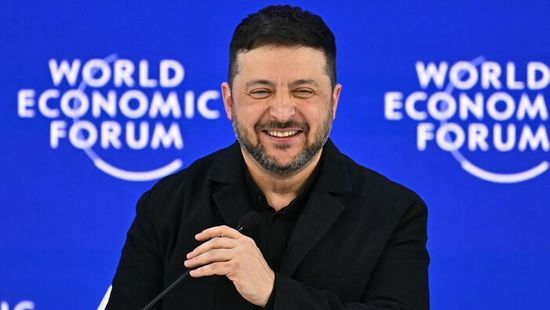
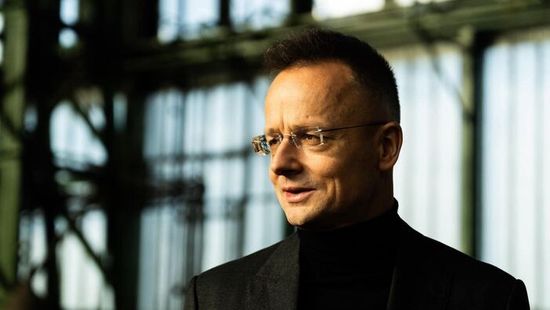
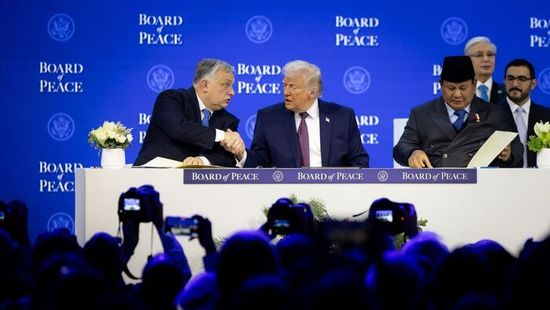








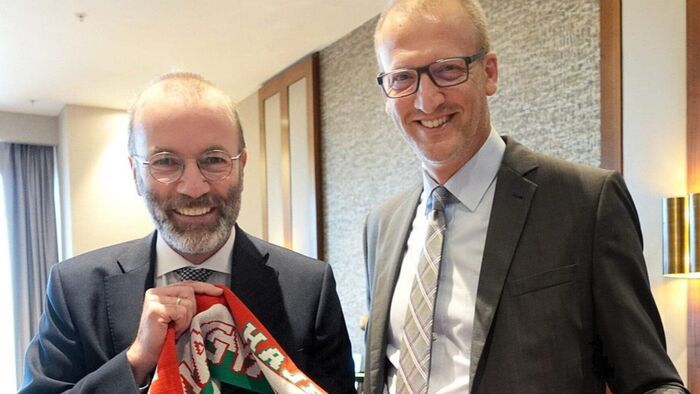
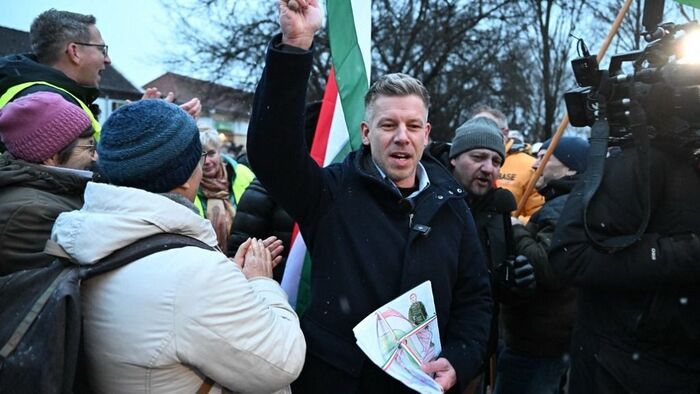
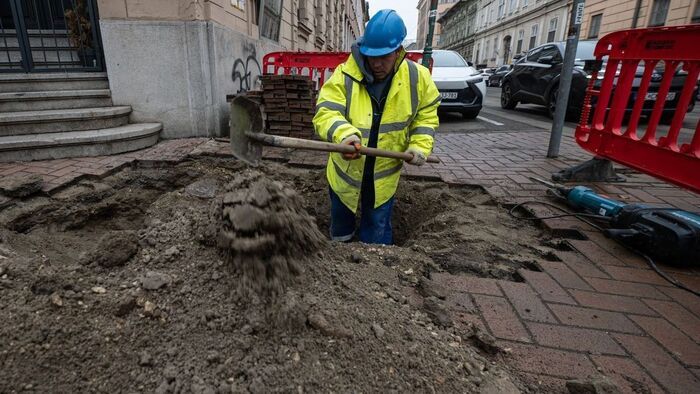
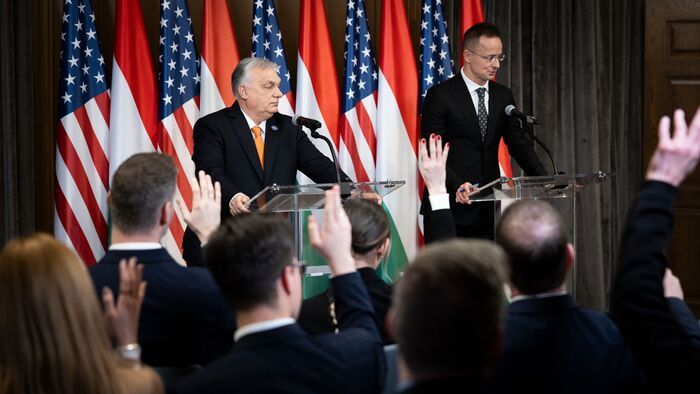
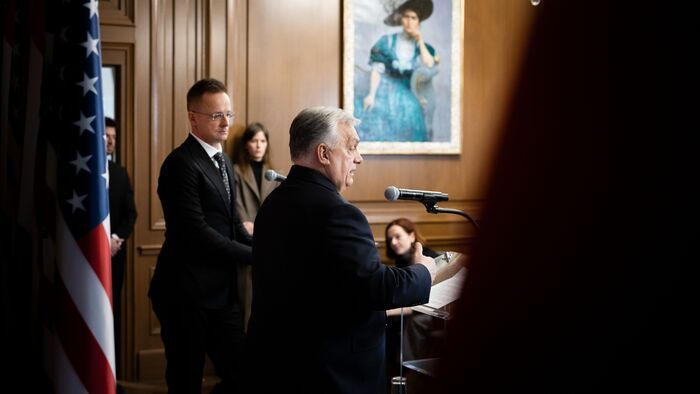
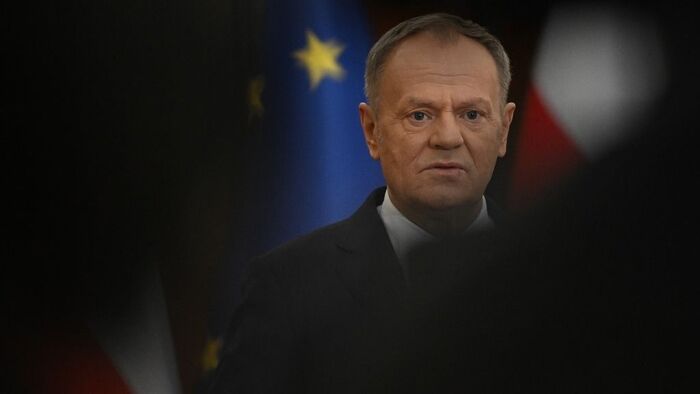





Szóljon hozzá!
Jelenleg csak a hozzászólások egy kis részét látja. Hozzászóláshoz és a további kommentek megtekintéséhez lépjen be, vagy regisztráljon!